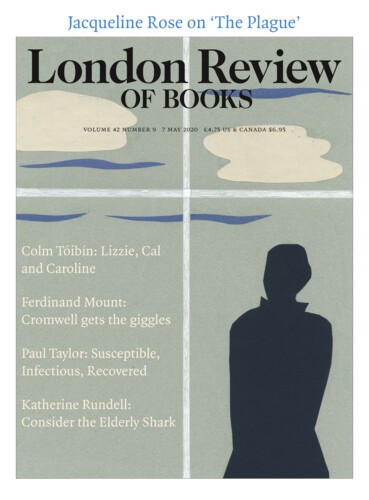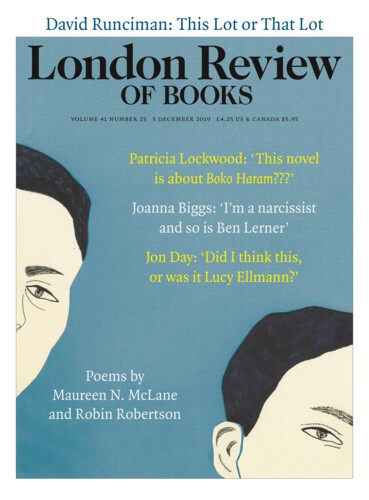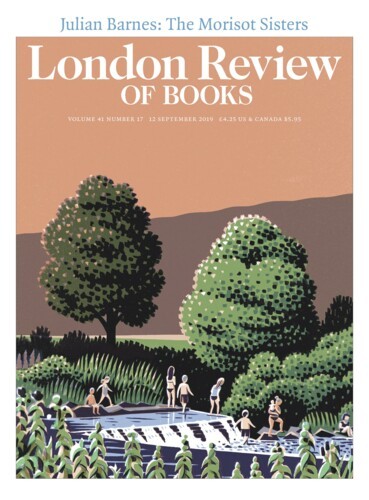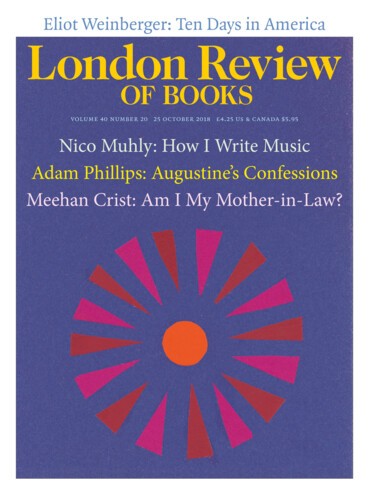New Unions for Old
Colin Kidd, 4 March 2021
If Scots sometimes seem unduly exasperated with Brexiter nationalism, it isn’t just because they voted heavily against Brexit. Nor, in the case of Scottish unionists, is it simply a consequence of a well-founded anxiety that our reckless departure from the EU threatens to break up the United Kingdom. Rather, it comes from the perception that England’s nationalism is crude, unreflective and cartoonish by comparison with the arguments put forward for Scottish independence. Even those of us who are instinctively anti-nationalist – wary of nationalist rhetoric, and the dangers it might bring – recognise that Scottish nationalism is much more sophisticated than its boorish English cousin. The SNP explicitly renounces ethnic nativism, champions a pro-immigrant civic nationalism, and embraces the post-sovereign realities of interdependent nation-states. The prospectus for Scottish independence has some awkward gaps, not least on the currency question, but it’s still far more comprehensively thought through than Brexit.





